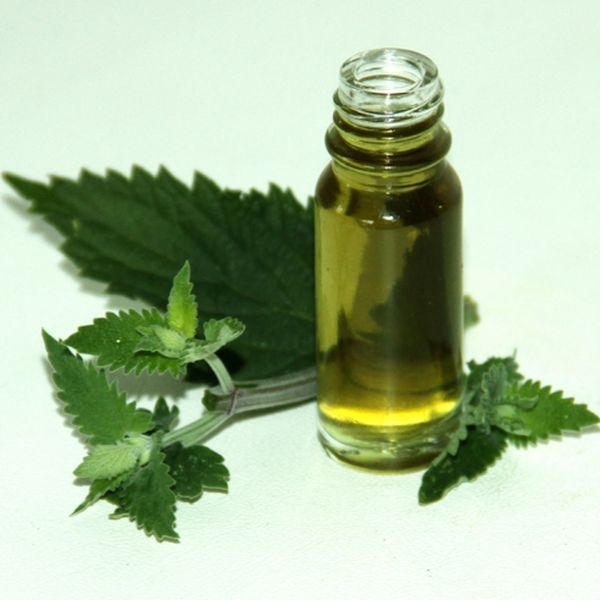The flowering perennial known commonly as catnip, catmint, or catswort actually has the scientific name of Nepeta cataria. Although most people don’t realize that this treat, so commonly reserved for its sedative, calming effects on cats, also has extensive benefits for human beings like driving aways infections. Its native range is quite diverse, stretching across Europe and parts of Asia, including China. It is potent due to a certain terpenoid, called nepetalactone, but various other chemical constituents and nutrients also affect human health.
The most important health benefits of catnip include its ability to calm restless sleep, relieve anxiety and stress, soothe menstrual pain, eliminate eating disorders, and ease stomach discomfort. It also helps speed up the recovery from colds and fevers, detoxify the body, reduce inflammation throughout the body, and even speed wound healing.
Catnip can be applied topically via the leaves or the essential oil, while catnip tea brewed from the leaves is also popular. As per the Journal of the American Chemical Society, the extracts and essential oils made from catnip are also quite popular for their uses. It is generally used in teas, juices, tinctures, extracts, salves, and even as an herb to be smoked, in addition to its culinary applications.
Researchers J. S. Cauffield and H. J. Forbes have suggested that catnip can provide stress relief and reduce chronic anxiety when eaten, consumed in the form of a juice or tea, or when smoked as an herb. This can also help reduce the secondary symptoms of chronic stress and strengthen your immune system.
Catnip has been used by people suffering from insomnia or restlessness for hundreds, if not thousands of years. Its sedative nature helps slow down the body’s natural cycles and induce a calm, relaxed state. Many people choose to drink a cup of catnip tea before bed to ensure a refreshing sleep.
The book, “The New Healing Herbs: The Essential Guide to More Than 130 of Nature’s Most Potent Herbal Remedies” by a San Francisco journalist Michael Castleman, shows that catnip is an antispasmodic. It is particularly effective in clearing up digestive issues, especially constipation, excess flatulence, cramping, and bloating. The relaxing, anti-inflammatory effects of organic compounds in it can ease the knots and inflammation in your gastrointestinal system and relieve tightness and discomfort.
Catnip has proven to be very effective against headaches, even chronic migraines. Rubbing its essential oil on the affected area, drinking its tea or rubbing a catnip leaf salve on the temples can also offer a quick relief.
alternative practitioners for treating the common cold. In terms of colds and flu, one of the fastest ways to clean out the body is to induce sweating and get the toxins flushed from the system. This is particularly true in the case of fevers when the lack of sweating before the fever breaks is only keeping those toxins and pathogens in the body.
The chemical constituents of catnip are effective as anti-inflammatory agents. This means that it can be effective against arthritis, gout, sprained muscles, aching joints, and even hemorrhoids. Topical application or normal consumption of leaves, juice, or tea can be effective for all of these situations.
Post time: Jul-09-2020
